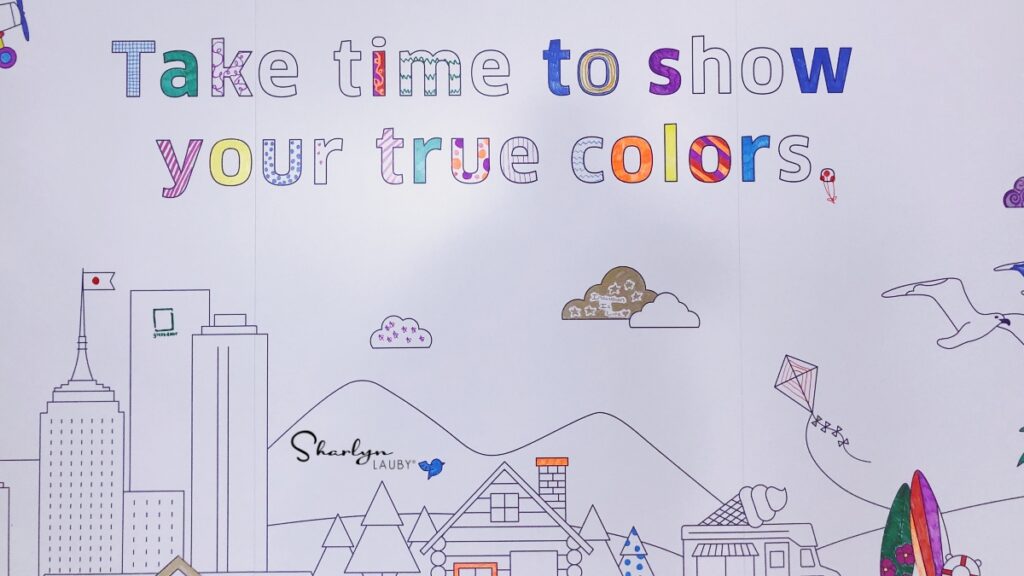Repairing a Work Relationship Involves Planning the Conversation
Estimated reading time: 4 minutes
I recently published an article about “How to Repair a Work Relationship” and a reader left a comment indicating that they wanted more of an explanation.
I enjoyed reading this article however, I feel as if it was not complete. At the end the advice wasn’t there. I mean, conduct standards were mentioned, etc. but the author didn’t go into a “I would_____” or “try____.” I was left wanting a more actionable answer. Perhaps I am not the only one?
So, I wanted to take some time to elaborate. I believe when you have a conflict with another person the first question you need to ask yourself is “Do I want to make this relationship better?”. Honestly, sometimes the answer is “no” or it’s “only if I don’t have to work too hard at it”. We also know that sometimes that’s the right answer and we can’t punish ourselves for taking this approach.
But in this case, let’s say that we want to repair the relationship. I think question number two that you should ask yourself is “What happens if the other person doesn’t want to?” OR “What happens if the other person says I need to do all the work to fix things?”. I’m not saying that the answer to these questions should drive initiating a conversation but think about the possible objections beforehand and how you might respond. We do that when we’re pitching business ideas – anticipate the responses and be prepared to address them. Do the same here.
I’m not a relationship counselor and I’m not going to pretend to be one. The logical part of me seems to feel that when you approach someone and say that you want to work on improving your work relationship, the answer could fall into four categories:
Yes. This is probably the easiest one. Both people admit there have been challenges and that working together needs to improve. You can refer to books like “Radical Candor” for conversation techniques. Harvard Business Review also has a nice article on “How to Mend a Work Relationship”.
No. This is totally within the realm of possibilities. Because we’re talking about a work relationship, the individuals involved do have to figure out how to work together and not sabotage each other. You don’t have to be besties, go to lunch, or swap birthday cards. You do need to be able to get the work done without creating a toxic environment. There’s an article on The Ladders about “How to Break Up with a Work Bestie” that provides some good options.
Maybe. Both individuals will have to decide what “maybe” means. And it could mean different things to each person. A “maybe” conversation could be simply putting everything on the table so each person can decide whether to proceed toward “yes” or “no”. Fast Company recently ran an article on “How to Tell Who You Can Trust at Work” that could help you decide.
Unsure. I’m putting this category out there because there are times when one person feels the relationship is strained and the other is totally clueless (not in a bad way). It could be because they’re distracted and focused on other things. “Unsure” is about one – or both – individuals reading the situation incorrectly differently. And when that happens, they need to discuss what got them to that place. This article on Psychology Today on “5 Ways to Get a Better Read on People” shared how our biases might influence relationships.
Work relationships are tough. Some of them more than others. We need to work at them regularly. But I do believe that, if you’re willing to work to improve a workplace relationship, you can go to someone and say, “Having a positive work relationship with you is important to me. Can we talk about ours?”
Image captured by Sharlyn Lauby at the HR Technology Conference in Las Vegas, NV
20